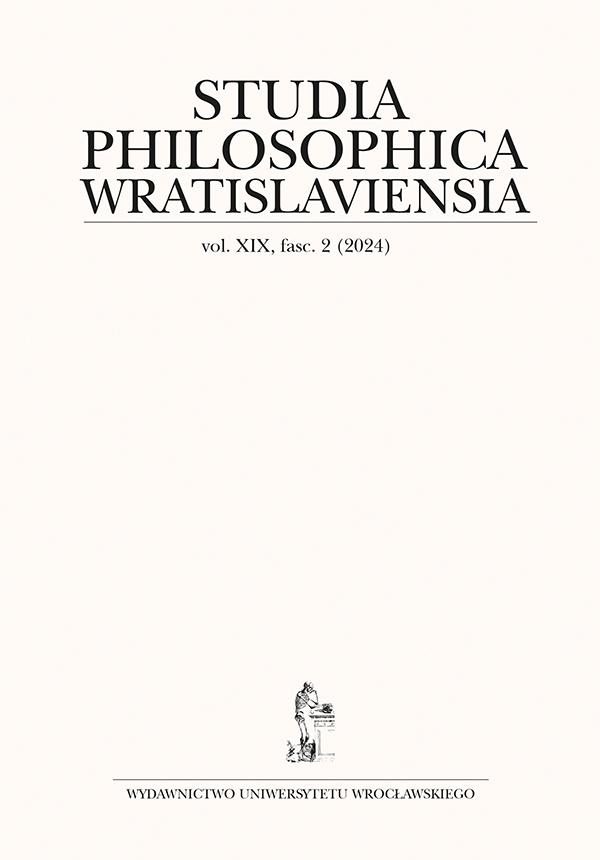Niesprawiedliwość poznawcza według
Mirandy Fricker
Epistemic Injustice According to Miranda Fricker:
Applications, Objections, and Developments
Author(s): Renata ZiemińskaSubject(s): Epistemology, Ethics / Practical Philosophy, Social Philosophy
Published by: Wydawnictwo Uniwersytetu Wrocławskiego
Keywords: Miranda Fricker; testimonial injustice; hermeneutic injustice; feminism; nonbinary gender/sex; Simone de Beauvoir; Arianna Falbo; Walter Mignolo;
Summary/Abstract: The article presents the concept of epistemic injustice developed by Miranda Fricker (2007, 2017). The term refers to instances in which an individual is assigned an inferior epistemic position and thus is at risk of non-epistemic mis- treatment. Fricker discusses testimonial injustice (subconsciously seeing someone as less credible) using the example of Simone de Beauvoir and Jean-Paul Sartre. Hermeneutical injustice, which is described as either a gap in knowledge or a harm- ful interpretation in the collective imagination, is exemplified by sexual harass- ment and homosexuality. One of the major critiques and developments of the con- cept of hermeneutical injustice was presented by Arianna Falbo (2022). She argues that the sources of hermeneutical injustice are not limited to gaps in knowledge but also a plethora of misleading concepts which cover up and overpower better concepts. Thus, the mere presence of appropriate concepts is not enough, the ab- sence of harmful concepts is also necessary. The author claims that modifying the concept of epistemic injustice as proposed by Falbo explains why the existence of a nonbinary gender category in the German legal system was not sufficient to re- ject the binary gender system. Finally, the author discusses an analogous concept of epistemic disobedience from decolonial philosophy1. These discussions result inthe claim that epistemic errors, overlooking certain experiences and/or usurping ob- jectivity are the basis of unintentional discrimination.
Journal: Studia Philosophica Wratislaviensia
- Issue Year: 19/2024
- Issue No: 2
- Page Range: 5-18
- Page Count: 14
- Language: Polish

